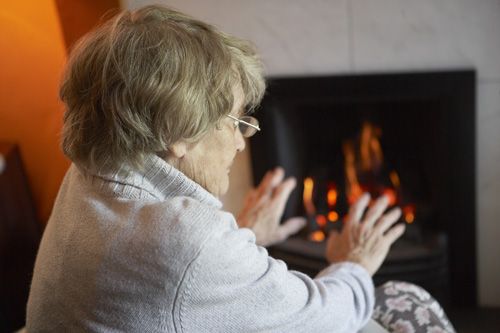

A Scottish government consultation designed to eradicate fuel poverty in the years ahead was unveiled at Scotland’s national conference ‘Resolving Fuel Poverty’ last week.
Kevin Stewart, Minister for Local Government and Housing, is inviting responses from everyone from tenants and homeowners to industry specialists to improve energy efficiency in homes and wants feedback as to how the Scottish government can support the delivery of programmes to help mitigate the cost of energy for Scottish households.
The Minister said: “We know that far too many people find themselves struggling with unaffordable energy costs, including the elderly, families with young children and those with serious medical conditions. This is unacceptable in a modern, progressive and compassionate country like ours.
“This is why we are now seeking views on a new long-term strategy which sets out ambitious targets to reduce fuel poverty. By lifting those experiencing fuel poverty into a better quality of life we can create a fair and more equal society.”
Fuel poverty is a cross-cutting issue that impacts on housing, energy, health and consumer rights and so representatives from the private, public and third sectors also gathered for the conference in Crieff to discuss plans and solutions.
Director of Energy Action Scotland, Norman Kerr, said: “Energy Action Scotland welcomes the consultation on the fuel poverty strategy. As the national fuel poverty charity, we are fortunate to be able to draw upon decades of experience and relationships within our national network of experts. We benefit from a wealth of knowledge and experience about what is happening across Scotland in order to turn cold, damp houses into warm, dry homes. It is our aim that this conference contributes to ending the blight of fuel poverty in Scotland.”
Norman continued “We encourage every group who is active in the fuel poverty arena to respond to the consultation and make their thoughts and wishes known to the Scottish Government. We need the Government to hear from as many groups and organisations as possible as this forthcoming strategy is too important for us not to have a voice in shaping.”
Other topics for discussion at the conference included the new definition of fuel poverty, partnerships between energy advice services and foodbanks, engaging with the private rented sector and the effects of fuel poverty on physical and mental health.
